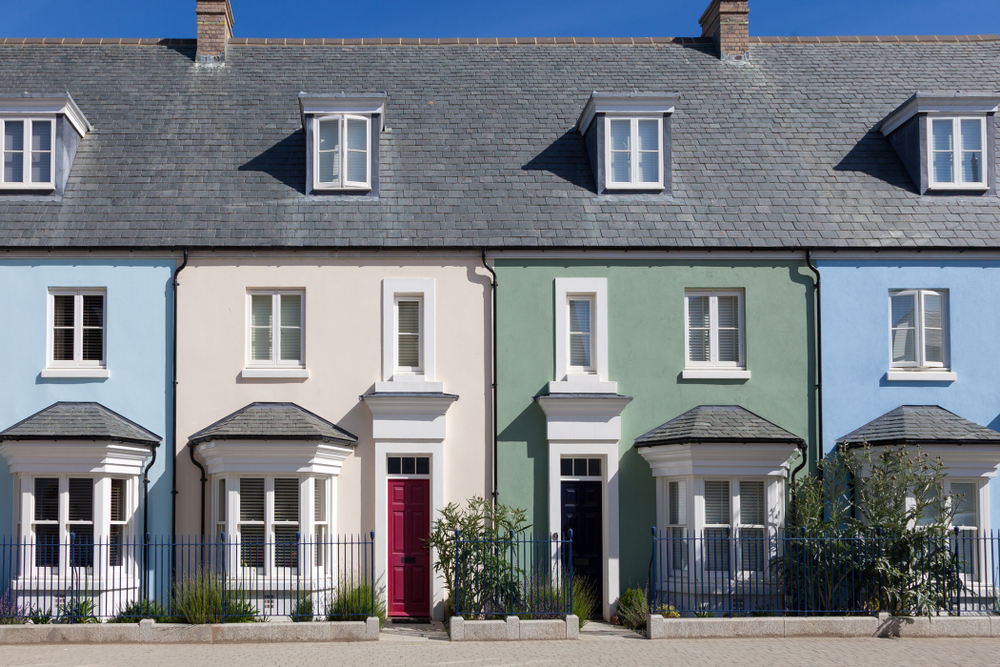
Countryside campaigning charity CPRE has given a warm welcome to Michael Gove’s clampdown on short lets.
Earlier this week Housing Secretary Michael Gove announced that councils will be given greater power to control future short-term lets by making them subject to planning consent.
Meanwhile, a new mandatory national register will give local authorities the information they need about short-term lets in their area, and the government suggests this “will help councils understand the extent of short-term lets in their area, the effects on their communities, and underpin compliance with key health and safety regulations.”
Existing homeowners will effectively get retrospective planning consent and will still be able to let out their own main or sole home without planning consent but only for up to 90 nights throughout a year.
Commenting on the move, Paul Miner, head of campaigns and policy at CPRE says: “These new planning rules are good news for rural communities. Everyone deserves a home they can afford to live in.
“But the recent surge in short-term lets has prevented people in the countryside from finding housing they can afford to buy or rent, and in some cases local workers have been turfed out of their rented accommodation.
“We have long led calls on the government to introduce a second home and short-term lets register, with local authorities having the power to regulate the provision of short-term lets and to levy extra council tax on second homes. It’s pleasing to see the government has finally done the right thing by introducing these changes.
“Our own research shows that the explosion in the number of homes marketed for Airbnb-style short-term lets is strangling rural communities. The worsening housing crisis is felt most acutely in rural areas which is why we’ve been calling for rapid action from the government.
‘We want everyone in the countryside to have a fair chance in life, whatever their circumstances. To make this a reality, we need to ensure there are enough low cost homes to rent or buy in our villages and market towns.”















%20-%20IMAGE%20Client%20Accounting%20%E2%80%93%20what%20are%20your%20options.jpg)




Join the conversation
Jump to latest comment and add your reply
But stopping short term lets will not guarantee low cost homes to rent and/or buy! The only way to do that is to build more houses and have restrictions on who can buy for the benefit of the community.
I agree that everyone should have a place they can live in;
however the notion everyone deserves and should be able to afford a home is an utopian pipe dream.
What isn't an utopian pipe dream is that over 2,000,000 right to buy homes were sold by successive governments at a profit of £47 billion. Interesting where that money went. And course uts 2M homes and counting as right to buys continue to be sold. Homes that England can ill afford to be lost. This has, in part, led to the massive social housing crisis we are now in.
Successive governments promised to build 100,000 homes a year but sadly this was not kept to either. Add 100,000 immigrants per year and the problem problem soon becomes clear. The cheap way is to do away with short term letting. Or is it?
Let's assume half of all shortlets are stopped by regulation. The government assumption is that this will lead to more affordable homes. I politely suggest this is a very wrong assumption to make. Why? Because the same number of people wanting homes in the UK who cannot afford them at the moment will still be the same after they have been banned short lets. House prices never drop simply by taking short-term lets out of the equation. Indeed it is clear that many poorer rural village residents, especially the elderly, rely on short let income; income that will be lost if short-term letting is banned up and down the country.
The notion that rural communities are being broken by short term lets is plainly inaccurate Short term let properties, owned by individuals liveing in rural villages bring in an average income of £5,500 per property per annum - essential income for residents dealing with the cost of living crisis.
I do agree the banning of second homes would increase, to a small degree, the supply of housing.
Please login to comment